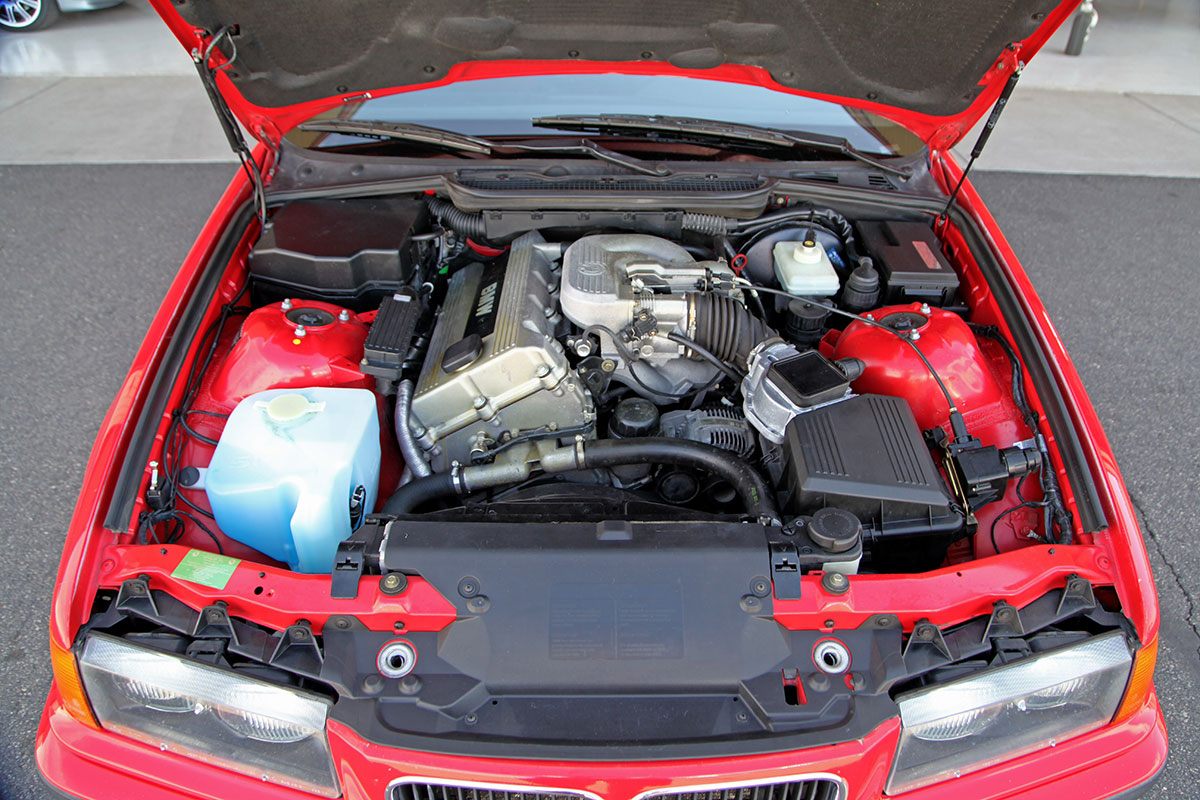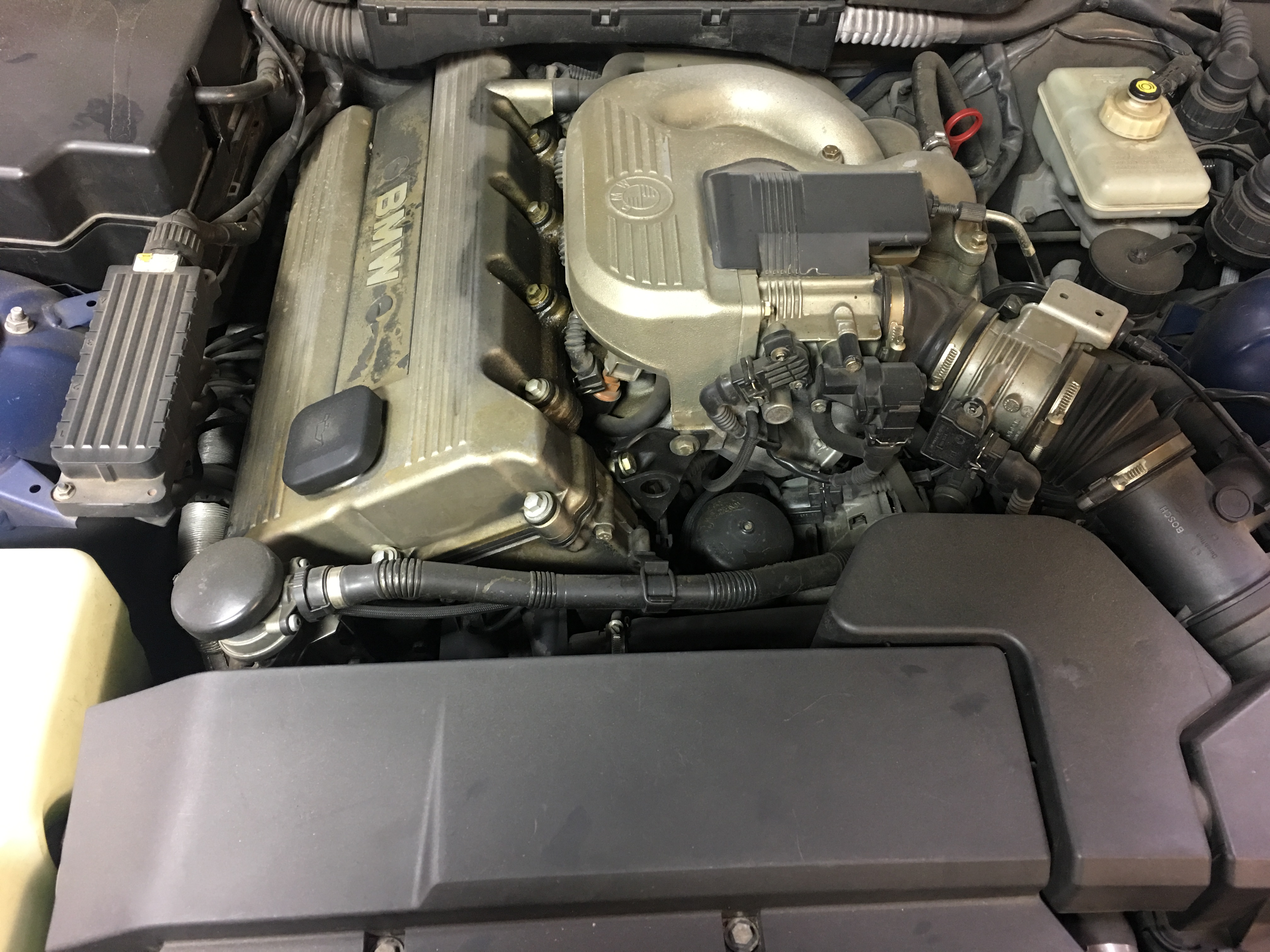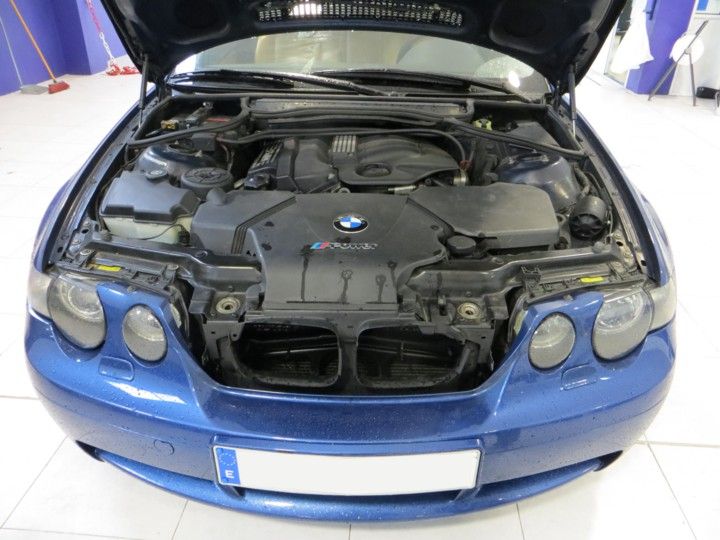BMW 318ti: Efficiency Specs and Characteristics Explained
BMW 318ti: Efficiency Specs and Characteristics Explained
Blog Article
Essential Considerations for Picking the Ideal Engine for Your Requirements
In the world of choosing the perfect engine to meet your requirements, numerous important elements need careful consideration to ensure optimum performance and effectiveness. From the nuanced balance in between power and performance to the often-overlooked elements of maintenance and solution demands, each element plays a pivotal function in determining the most ideal engine for your specific needs. As the complexity of engine innovations remains to progress, discerning the most fitting option requires a deep understanding of the interaction in between various considerations. By checking out the intricate internet of variables that underpin this decision-making procedure, a more clear path emerges towards choosing an engine that not just satisfies yet surpasses your assumptions.
Power and Performance
When examining engines for optimum efficiency, it is critical to prioritize both power result and effectiveness. Power output gauges the capability of an engine to create energy, which straight impacts its efficiency. A high power result is essential for requiring tasks such as heavy-duty applications or high-speed needs. It guarantees that the engine can handle the workload effectively and successfully. Power alone is not enough; effectiveness plays a considerable duty in figuring out the total efficiency of an engine. Performance describes how well the engine transforms gas into useful energy. A much more effective engine will certainly supply far better gas mileage, reduced emissions, and lowered operating expense. Striking the ideal balance in between power outcome and performance is vital to choosing an engine that meets your details requirements. When making this decision, it is necessary to consider aspects such as the intended use of the engine, ecological impact, and lasting cost ramifications. By carefully examining both power and efficiency, you can select an engine that supplies optimal efficiency and meets your demands properly.
Gas Performance and Economic Situation
In the realm of engine option, the consideration of fuel effectiveness and economic situation holds paramount value. Gas efficiency refers to the engine's capacity to convert fuel right into power with minimal waste, straight influencing operating costs and ecological sustainability. bmw 318ti. When selecting an engine, reviewing its gas economic climate is critical to establish long-lasting cost savings and ecological influence. Engines with greater gas performance not just reduce fuel expenses yet additionally decrease carbon exhausts, adding to a greener procedure.

Compatibility and Application
Considering the fuel efficiency and economic climate of an engine, the next vital aspect to address is its compatibility and application within details operational contexts. Compatibility describes how well the engine incorporates with the total system or devices it powers. It entails elements such as physical measurements, mounting choices, electric interfaces, and control systems. Making certain compatibility is vital to protect against problems such as getting too hot, resonances, or power discrepancies (bmw 318ti).
Moreover, the application of the engine is similarly crucial. Various engines are developed for certain objectives, whether it be industrial machinery, marine vessels, cars, or power generators. Recognizing the intended application allows for the choice of an engine that can provide the needed power result, torque, and functional features. As an example, a high-revving engine created for efficiency autos would certainly additional hints not appropriate for heavy-duty construction equipment that requires high torque at low speeds.
Maintenance and Service Needs
Upkeep and service demands play an essential function in making sure the long life and optimum performance of an engine. Regular maintenance is vital to prevent break downs, prolong the lifespan of the engine, and maintain its efficiency. When choosing an engine, it is essential to take into consideration the manufacturer's recommended maintenance routine and the schedule of solution facilities or certified technicians.
Factors such as the frequency of oil modifications, filter replacements, and general assessments can dramatically affect the engine's efficiency. Some engines may need more regular servicing based on their style and usage, while others may have longer intervals between maintenance checks. It is vital to adhere to these service requirements to avoid costly repairs and unexpected downtime.

Price and Budget Plan Considerations
When selecting an engine for a particular application,Spending plan restrictions usually play a considerable role in the decision-making procedure. When thinking about the cost and budget plan implications of selecting Learn More Here an engine, it is important to examine not only the preliminary acquisition cost but likewise the long-term costs related to maintenance, fuel intake, and prospective upgrades or repairs. It is important to strike a balance between the in advance cost of the engine and its general lifecycle expenses to make sure that the chosen engine stays economically lasting throughout its operational life expectancy.
Variables such as gas dependability, efficiency, and toughness can directly impact the complete cost of possession of an engine. While a much more expensive engine might have higher ahead of time costs, it could possibly result in lower maintenance and gas expenses over time, hence providing better worth in the lengthy run.
Conclusion

Gas performance refers to the engine's capability to convert fuel into check out this site power with minimal waste, directly influencing operating prices and ecological sustainability.Variables influencing fuel performance include engine layout, combustion efficiency, and general efficiency optimization. Additionally, choosing the appropriate fuel type and grade as suggested by the engine manufacturer can further enhance effectiveness and prolong engine life expectancy.
Engines with excellent serviceability functions and conveniently available parts can minimize maintenance expenses and lessen the time the engine is out of procedure - bmw 318ti. It is crucial to strike a balance between the ahead of time price of the engine and its general lifecycle expenses to make sure that the picked engine continues to be monetarily lasting throughout its functional life expectancy
Report this page